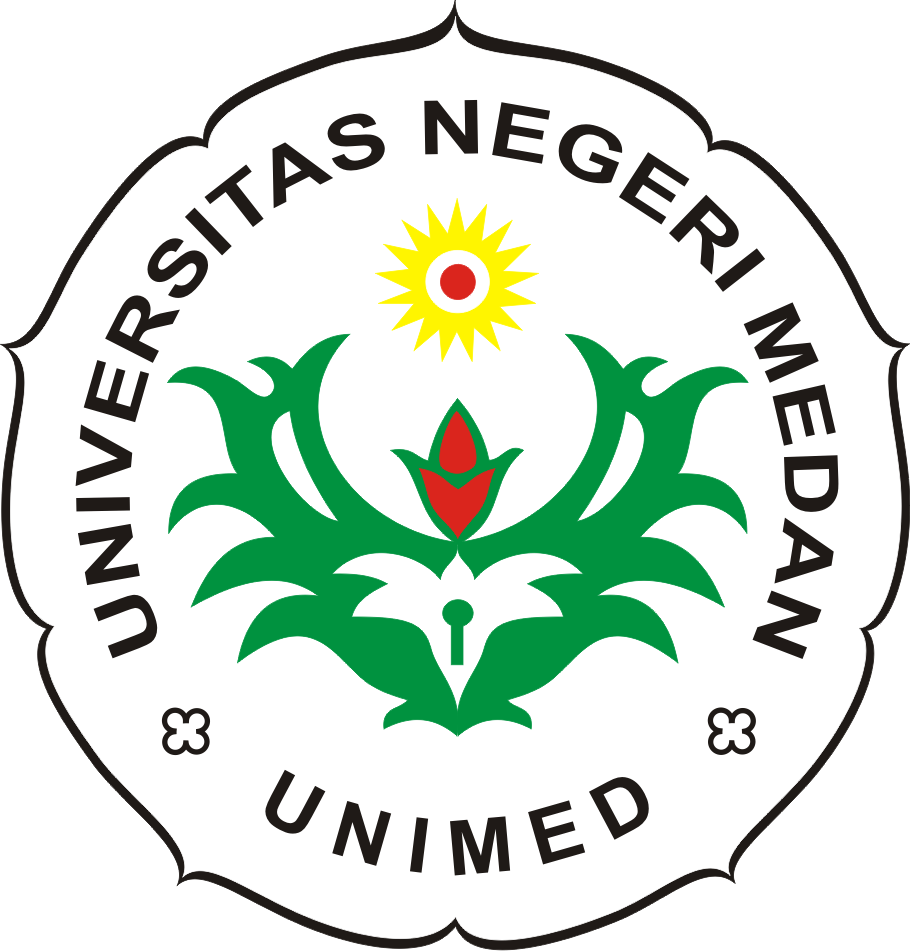An Analysis of EFL Students™ Speaking Anxiety Factors in Speaking in Formal Context Class
DOI:
https://doi.org/10.24114/reg.v12i4.54937Keywords:
Speaking anxiety, Language anxiety, Students’ anxiety, Speaking English, EFL studentsAbstract
This study investigated speaking anxiety factors that lead EFL (English as a Foreign Language) students feel anxious in Speaking in Formal Context class. The participants of this research were 29 students of class B1, 2nd semester, English Education Department of Universitas Muhammadiyah Sumatera Utara , even semester, academic year 2022-2023. This research was conducted with descriptive qualitative approach by administering questionnaires to students which consisted of five closed-ended questions. The questions were taken from FLSAS questionnaires. Observation was also applied to this study. Lecturer observed the progress of students™ speaking performances from the second meeting until the last regular meeting. The findings revealed that students™ speaking anxiety factors in English speaking class mainly dominated by the lack abilities in vocabulary, pronunciation, grammar, worried of being laughed at by peers which resulted to the anxiety, inconfidence and fear in speaking. These findings suggest that the lecturer™s role is also significant to encourageReferences
Abrar, M., Failasofah, Fajaryani, N., & Masbirorotni. (2016). EFL student lecturers™ speaking anxiety: the case in one english lecturer education program. Indonesian Journal of English Education, 3(1), 60-75. doi: 10.15408/ijee.v3i1.3619
Arikunto, Suharsini. (2002). Prosedur Penelitian Suatu Pendekatan Praktik. Jakarta: Rineka Cipta.
Afshar, H. S., & Asakereh, A. (2016). Speaking skills problems encountered by Iranian EFL freshmen and seniors from their own and their English instructors™ perspectives. Electronic journal of Foreign language teaching, 13(1), 112-130. Retrieved from http://e-flt.nus.edu.
Balemir, S. H. (2009). The sources of foreign language speaking anxiety and the relationship between proficiency level and the degree of foreign language speaking anxiety (Unpublished masterŸs thesis). Bilkent University, Ankara, Turkey.
Basic, L. (2011). Speaking anxiety: An obstacle to second language learning?. (Under Graduate Thesis, Faculty of Education and Business Studies University of Gavle). Retrieved from http://urn.kb.se/resolve?urn=urn:nbn:se:hig:diva-10831
Chiang, M. C. (2012). The relationship between foreign language anxiety and foreign language speaking proficiency among elementary school students in Taiwan (Doctoral dissertation, Ming Chuan University).
Damayanti, M. E., & Listyani, L. (2020). AN ANALYSIS OF STUDENTS™SPEAKING ANXIETY IN ACADEMIC SPEAKING CLASS. Eltr Journal, 4(2), 152-170.
Hampp, P. L. (2019). Use of Songs in Teaching Simple Tobe and Past Tense Teaching. Journal of English Language and Literature Teaching, 4(1), 15“24. https://doi.org/10.36412/jellt.v4i1.939
Hampp, P. L., Kumayas, T. A., & Lengkoan, F. (2021). Synthesizing Grammar and Structure Problems Faced by Indonesian TOEFL Takers. Jurnal Pendidikan Bahasa Inggris undiksha, 9(1).
Horwitz, E. K., Horwitz, M. B., & Cope, J. (1986). Foreign language classroom anxiety. The Modern Language Journal, 70(2), 125“132. doi:10.1111/j.1540- 4781.1986.tb05256.x
Johnston, J. E. (2006). The complete idiot™s guide to controlling anxiety. Indianapolis: Alpha Book.
MacIntyre, P. D. (1998). Language anxiety: A review of the research for language lecturers. In D.J. Young, (Ed), Affect in foreign language and second language learning. Boston: McGraw-Hill.
Mulyono, H. (2019). An Investigation of Factors Contributing to Foreign Language Speaking Anxiety among International Students in Indonesian Universities. Register Journal, 12(1), 13. https://doi.org/10.18326/rgt.v12i1.13-27
Nasution, Z., & Manurung, I. D. (2023). Chants and rhymes to enhance the efl classroom™s speaking habits. Cendikia: Media Jurnal Ilmiah Pendidikan, 13(3), 461-467.
Rao, P.S. (2018). Developing speaking skills in ESL or EFL settings. International Journal of English Language, Literature And Translation Studies, 5(2), 286-293.
Sari, D. (2017). Speaking anxiety as a factor in studying EFL. EEJ (English Education Journal), 8(2), 177-186. Retrived from: http://jurnal.unsyiah.ac.id/EEJ/article/view/7226/5938
Shen, M., & Chiu, T. (2019). EFL learners™ English speaking difficulties and strategy use. Education and Linguistics Research, 5(2), 88-102.
Situmorang, R. M. A., Ginting, P., & Saragih, M. (2023). Investigating of Speaking Anxiety through Job Interview Simulation for High School Level Students at Thammislam Foundation School, Nonthaburi, Thailand. Invention: Journal Research and Education Studies, 41-46.
Yuniarti, S., Sulaiman, M., & Susanti, R. (2022). Speaking Anxiety in EFL Classroom. Global Journal of Arts Humanity and Social Sciences ISSN, 2583, 2034.
Downloads
Published
Issue
Section
License
Copyright (c) 2023 Henny Mardiah

This work is licensed under a Creative Commons Attribution-NonCommercial-ShareAlike 4.0 International License.
Authors who publish with this journal agree with the following terms:
- Authors retain copyright and grant the journal right of first publication with the work simultaneously licensed under a Creative Commons Attribution License that allows others to share the work with an acknowledgment of the work's authorship and initial publication in this journal.
- Authors are able to enter into separate, additional contractual arrangements for the non-exclusive distribution of the journal's published version of the work (e.g., post it to an institutional repository or publish it in a book), with an acknowledgement of its initial publication in this journal.
- Authors are permitted and encouraged to post their work online (e.g., in institutional repositories or on their website) prior to and during the submission process, as it can lead to productive exchanges, as well as earlier and greater citation of published work (See The Effect of Open Access).
- This work is licensed under a Creative Commons Attribution-ShareAlike 4.0 International License.






